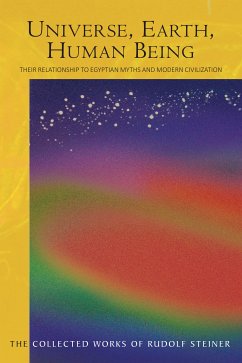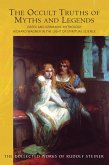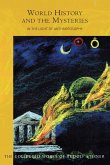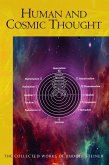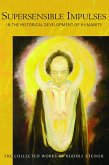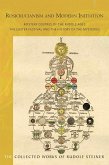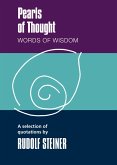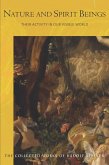Beginning with ancient Egypt, the pyramids and sphinxes - and a comparison of that epoch with our own - Rudolf Steiner surveys a vast spiritual landscape of human development. In symphonic style, he describes the conquest of the physical plane in post-Atlantean civilizations, the relationships between the various cultural epochs, the human being's connections with the kingdoms of nature and the different planetary bodies, and the relationship of animal forms to 'the physiognomy of human passions'. Through this panoramic vision, we discover how the changed conditions of human consciousness call for a new spiritual understanding today.
In her Introduction, Marie Steiner relates the special experience of being a member of Rudolf Steiner's audience for this timeless series of lectures: 'Enormous cosmic pictures were unfolded before the spiritual gaze of the listeners; insights were of such depths of ancient wisdom, views of distant futures of human and world development, that deepest devotion flowed through their hearts...' This new edition features a revised translation, introduction, notes and an index.
Dieser Download kann aus rechtlichen Gründen nur mit Rechnungsadresse in A, B, BG, CY, CZ, D, DK, EW, E, FIN, F, GR, H, IRL, I, LT, L, LR, M, NL, PL, P, R, S, SLO, SK ausgeliefert werden.

